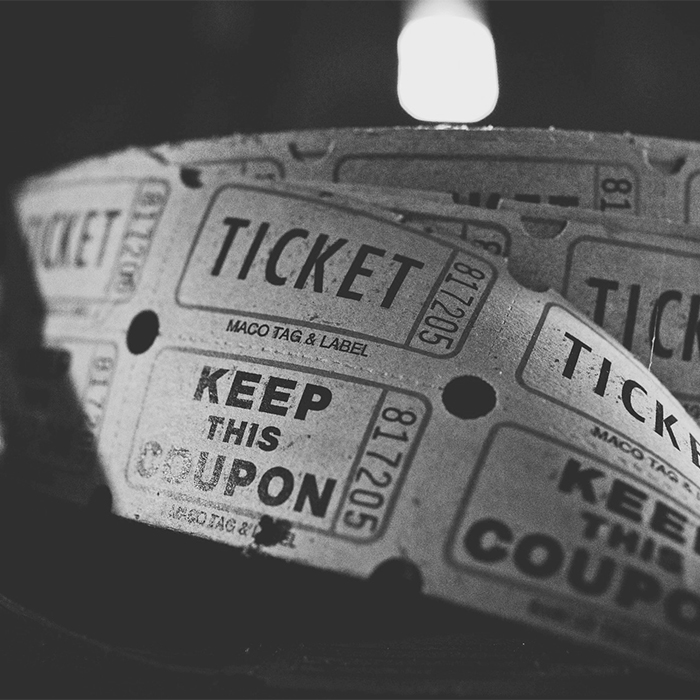When we think of the word ‘scalper’ – more often than not we think of a shady looking individual loitering outside a venue the night of an event, whether it be a sports game, or a concert: ready to sell desperate fans golden circle tickets at an extremely marked up price. For fans who were unable to meet the rush as tickets for these extremely popular events sell out like wildfire, second-party resale sites – pretty much the ‘scalpers’ of the internet – can be their only option if they are going to attend. With the tickets from the original seller already sold out in seconds, it makes sense that the resale tickets would be marked up, otherwise the re-sellers wouldn’t make a profit right?
Well, it turns out that not only do resale sellers make a profit from marking up already-sold-out tickets on a second party site, but often the original promoters (and, whether knowingly or not, musicians and bands) get an extra slice of the profit, as opposed to the original market value prices listed.
In an article published by Billboard on July 19th, promotion company Live Nation admitted, after years of speculation, that they have indeed been transferring thousands of concert tickets (under wraps) directly to resellers who then mark up prices. Live Nation, who merged with ticket-selling platform Ticketmaster in 2013, stated that between 2016 and 2017 “about a dozen artists out of the thousands we work with asked us to do this” and that the company “does not distribute tickets on any platform without an artist’s explicit approval”. Although the practice isn’t classified as illegal, it is generally kept quiet as stated by Billboard:
“Music stars face far more scrutiny over the prices of their seats than do sports teams or airlines because of the emotional connection they spark with their fans.”
However regarding the previous reselling on Live Nation’s part, the company shared with Billboard, that after 2017:
“Requests like these have declined virtually to zero as tools like dynamic pricing, platinum seats and VIP packages have proven to be more effective at recapturing value previously lost to the secondary market.”
Artists are now utilising different approaches in order to sell tickets at a higher price, with higher values – most notably the ultra-famous, offering exclusive VIP packages. This has been met with controversy however. As an example, quite infamously, Taylor Swift allegedly sold tickets to her most recent shows for up to $500, which is absolutely staggering.
With physical media declining rapidly, live performances are an integral source of income for musicians. Speaking to Billboard,Barry Kahn, chief executive of Qcue, an Austin, Texas based company who assists in ticket pricing for sports events and tours, noted in relation to musicians:
“The issue is the transparency. If they get caught doing something they have said is wrong, then they are deceiving their fans.”
For some, the benefit of higher ticket prices is huge, as the marked up prices on resale sites can allow artists to earn more of an income from the event, without the appearance that they are marking up their tickets to an unbelievable price out of greed, or cheating fans out of incredibly large amounts of money.
For further, in depth detail make sure to read Billboards exclusive article here.




